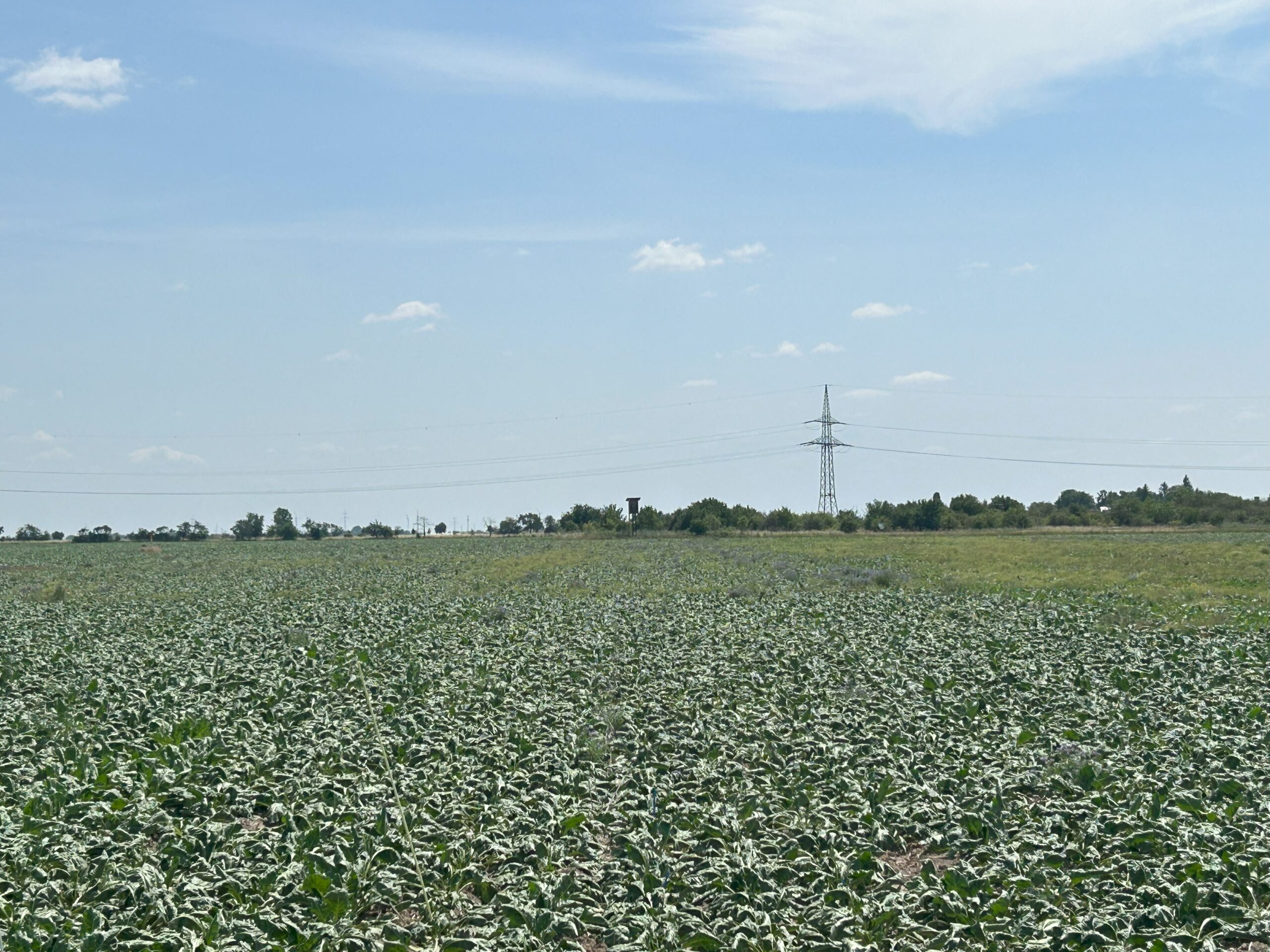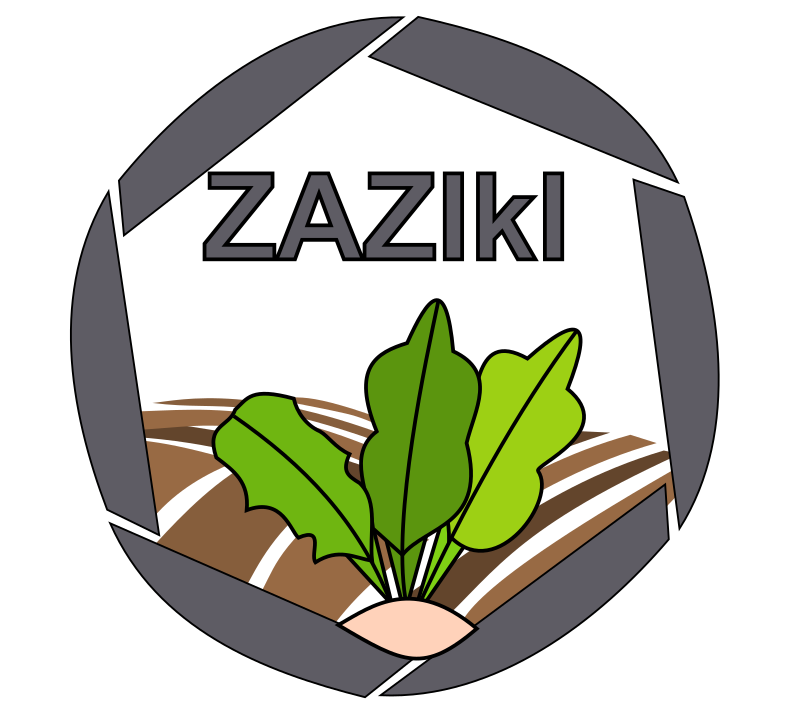The aim of this project is to develop and evaluate resource-conserving and practical cultivation systems for sugar beet in the model region of Mitteldeutsches Revier in Saxony-Anhalt. The new cultivation systems are designed to meet the challenges of climate change, in particular the increasing scarcity of water and the growing risk of erosion. At the same time, they aim to minimise other environmental risks such as greenhouse gas emissions, eutrophication and toxicological hazards.
Innovative agronomic practices are tested in practical on-farm trials in close collaboration with sugar beet growers’ associations and local farms. The choice of measures depends on individual farm conditions. Possible approaches include the use of drones and strip tillage. Proven methods of field and on-farm data collection will be used, as well as modern technologies such as autonomous crop monitoring and AI-based analysis of drone and satellite data.
Based on the data collected, comprehensive material and energy balances of cropping systems will be developed. These will form the basis for the development of a digital decision support tool to assist farmers in their environmental and greenhouse gas balance. In addition, the project promotes the networking of farms and the digitalisation of agricultural production in the region.
Subproject management:
Projectpartners:
- Institute for Sugar Beet Research, Göttingen,
- Bioenergy Systems Division, German Biomass Research Centre
Background and objectives:
- Derivation of crop-specific parameters from remote sensing-based data sets
- Scalilng of information products from field to landscape level
Methodical approach:
- AI-supported analysis of time series derived from Sentinel & Planet data
- Assimilation of agro-meteorological data
Expected results:
The expected outcome is an AI-supported monitoring framework to observe and evaluate the sugar beet crop in terms of sustainability and resilience.



